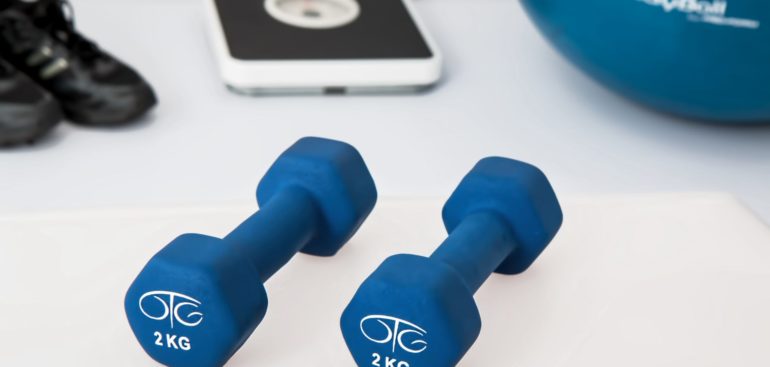You’ve finally decided enough is enough. It’s time to make a change and that time is now. To support you, I’ve laid out seven common weight loss mistakes to avoid, so that you successfully reach your goals.

Prioritizing supplements
I get it. You’ve seen it all over Instagram. The cool red cherry rainbow looking cold drink in the shaker cup.
The pre-workout that promises bursting unlimited energy for 19 hours.
The new protein flavor that is suppose to taste better than the real thing while building sheer muscle and lose fat at the speed of light.
Admittedly, supplements can provide that extra oomph of motivation and make the whole fitness journey seem more exciting.
However, they are the last thing on the list to consider.
Nutrition and training will be the primary drivers of your results.
Bar-none.
These two must be prioritize, focused on and followed as consistently as possible for optimal progress.
Supplements are the last 5% of the equation for the days that you’re on the run or need an extra kick pre-workout after a long work day.
Real whole foods and hard intelligent weight training are going to be bread and butter of your weight loss (or muscle building) results.
A much wiser move would be to use the supplements money and rather spend it on a well-designed nutrition and training program.
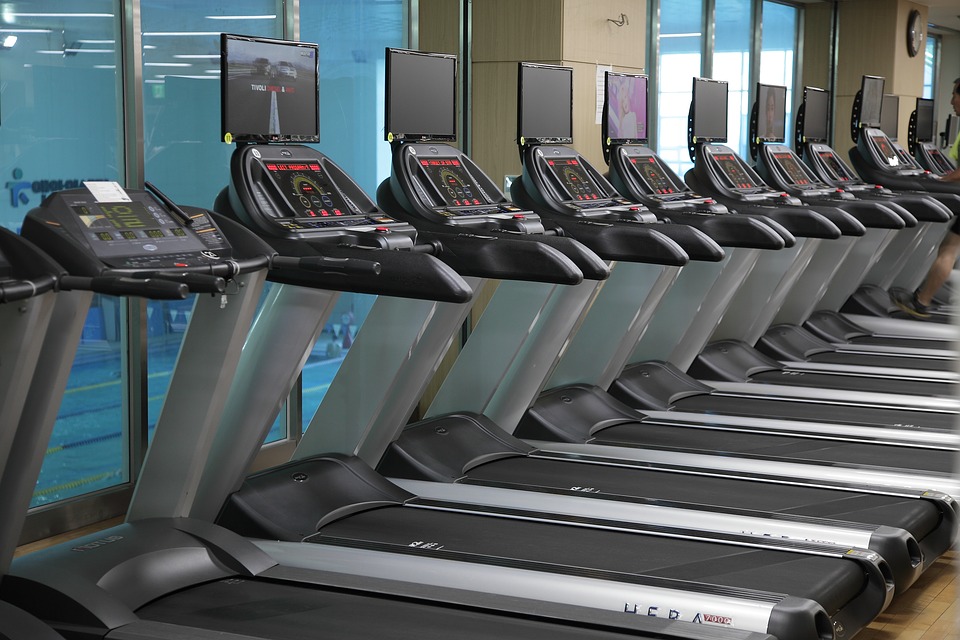
Do too much steady state cardio
Elliptical and the threadmill are likely the most common machines new gym-goers begin using, a little too much at that.
As I’ve stated in some of my other blog posts, cardio is merely a tool in the fat loss toolbox. It is not the end all be all for losing weight by any means.
Doing too much cardio can actually place you in a catabolic environment, resulting in precious muscle tissue being burned as fuel.
In addition, too much cardio can slow down your metabolism and make it harder to lose stubborn body fat.
Solution
Prioritize intense resistance training and complement it with a few medium-duration (20-30 mins) steady state cardio sessions.
When you see your results stalling, slightly increasing one of the variables such as intensity, duration, less rest times, etc.

Follow the “high reps, light weight” method
There’s plenty of inaccurate information out there and the concept of doing high reps, light weight to “tone the muscle” is one of them.
Firstly, there is no such thing as “toning a muscle”. Yeah, I said it.
Our bodies carry stored fat as a preservation mechanism. Once we lose that body-fat, the muscle underneath will be revealed. We lose body-fat through forcing the body to use more energy than we fuel it with.
Secondly, the concept of “use it or lose it” greatly applies here.
Unless you challenge your muscle tissue and make it stay, it will leave you.
There are two main muscle fiber categories: type I and type II, also known as slow and fast twitch.
The slow twitch muscle fibers comprise the largest part of your muscle tissue and are only stimulated fully through heavier weights.
If you don’t train with heavier weights (especially in a calorie deficit), the body will signal for its departure since its a metabolic expensive commodity.
How do we make sure we keep as much muscle as possible during a cutting phase?
Begin your training session with a compound lift and perform 3-5 sets of 4-8 reps utilizing the heaviest weight you can manage done with precise exercise execution.
That should do it.
Use higher reps with lighter weights more as a “burn-out” method to finish off your workout.
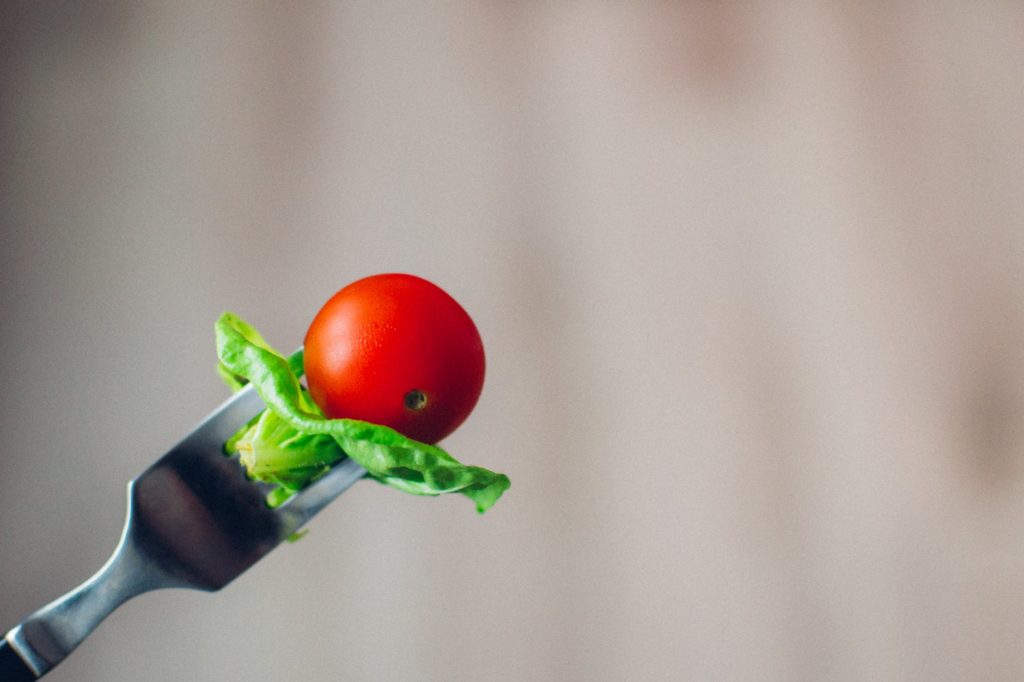
Eat too little
When people think of ‘losing weight’ or ‘dieting’ they think cutting out pretty much everything, eating only salad and the occasional apple.
That’s pretty much the opposite of what a successful diet/fatloss plan looks like.
Do you need to be in a caloric deficit? Yes.
Do you need to drastically decrease calories? Absolutely not.
When you go on a ‘diet’ meaning in a caloric deficit, metabolic down regulation is inevitable.
Decreasing calories too much, too soon will slow down your metabolism leaving you no where to go except more cardio.
Not a good place to be.
You may lose a bit of weight initially but you’ll soon plateau with a very slow metabolism.
The moment you start eating normally again you’ll gain it all back and some.
This weight loss mistake can be easily avoided.
Solution
Slightly decrease calories at first (250-400 calories) and make small incremental decreases as you start stalling along the way.
Slow and steady wins the race.

Not enough protein
Unless you are following a ketogenic diet which demands mostly fats with little protein and no carbs to lose weight, protein intake will be the highest macronutrient.
Protein will play an important role to preserve lean tissue while dieting.
Four ounces of chicken breast for lunch and an egg for breakfast will not do it.
A good measurement to by is 1 gram to 1.3 grams of protein per lb of bodyweight.
Fat loss phases are the most protein demanding periods for the primary reason of preserving muscle tissue while in a caloric deficit.
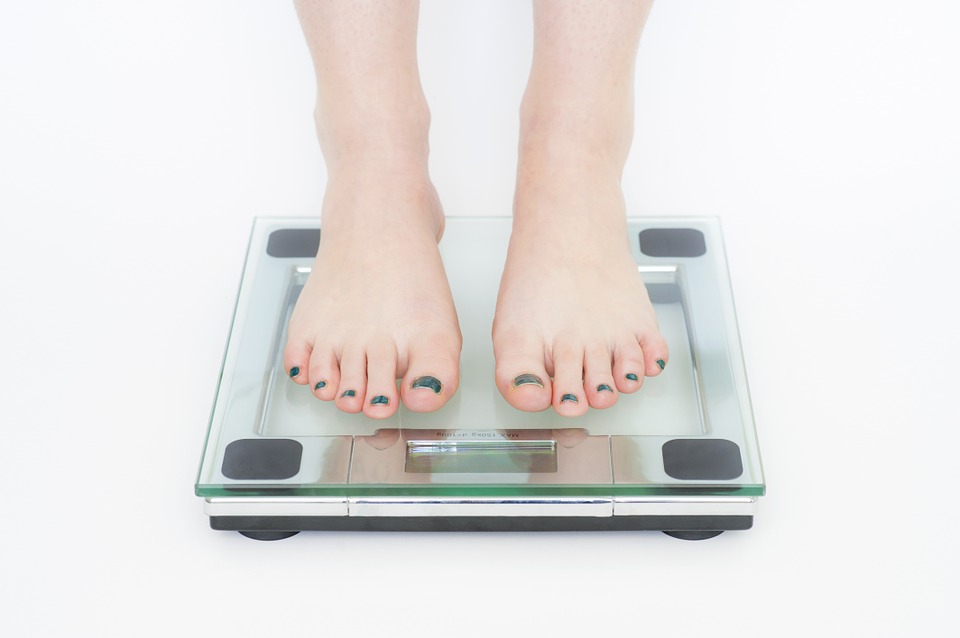
Checking the scale often
Weight scales are simply one of many ways to measure progress.
Getting too hung up on it does more harm than good.
In order to avoid making seeing the scale a more intense moment than your first public speaking gig, is to have a realistic understanding of how the body works.
Generally, you should see an initial drop in weight the first 1-2 weeks from the decrease in calories and increase or start working out.
This is likely a little fat, some muscle glycogen depletion and water weight.
After that, losing 1-1.5 lb of weight a week would be something to strive for.
If you only have 15-20 lb to lose total, 1 lb or slightly less a week would be a fair result.
Checking the scale more than once every 7 to 10 days will create more confusion and discouragement than anything else.
Allow your the necessary time to change and place your focus on being consistent with the diet and training instead.
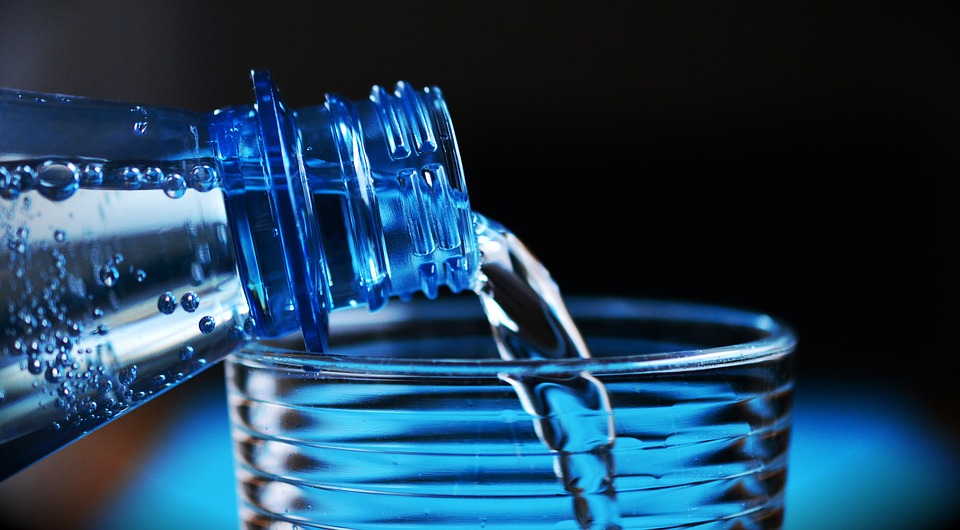
Forgetting to drink water
You’ve probably heard it a hundred times about how important drinking water is.
Yet, most of us still take it for granted.
Well, drinking adequate amounts of water daily is always important but even more so during a weight loss phase.
Since the body is not getting as much food as it used to before you started the diet, it will be hungrier and possibly signal for cravings as well.
Water can potentially subside cravings and slow down digestion to lengthen the time you feel fuller.
In addition, just a little dehydration will cause an adverse effect on your strength and performance.
That means weaker, less intense workouts and lesser results.
A good measurement to go by is to drink half your body weight in ounces daily.
Remember, if you let yourself be thirsty first, you’re already dehydrated.
Primal Breed is committed to providing you effective personal training in Toronto, helping you lose unwanted weight permanently and build lean muscle for life.

